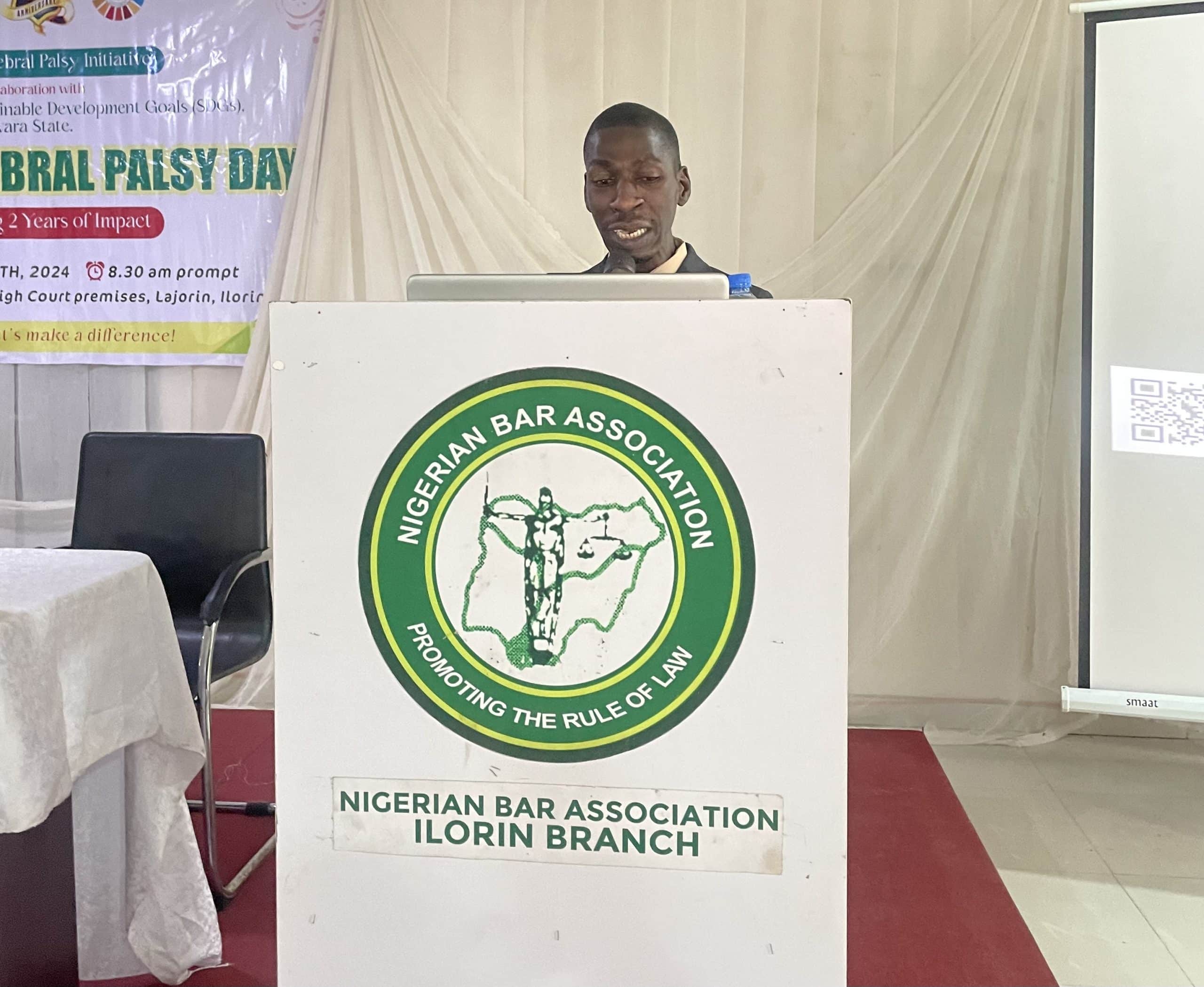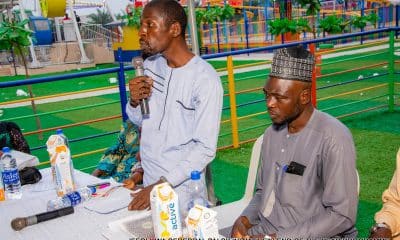Nigeria News
Ifeoluwa Cerebral Palsy Empowers Children With Disabilities

The Ifeoluwa Cerebral Palsy Initiative, founded by Ifeoluwa Anishe, commemorated World Cerebral Palsy Day on Friday, October 4, 2024, in Ilorin, Kwara State, with a focus on raising awareness for those affected by the condition.
This year’s event marks the second anniversary of Ifeoluwa’s impactful initiative, following the inaugural edition held on December 17, 2022.
In his opening speech, Mr. Anishe emphasized the foundation’s commitment to enhancing awareness regarding the precautions and management of cerebral palsy, not only in Kwara State but throughout Nigeria.
He expressed a determination to reach every household with people living with cerebral palsy, providing necessary medical and financial support.
“The foundation’s goal is to offer support and resources for individuals with cerebral palsy and their families while increasing understanding and awareness of the condition within the community,” Anishe stated.
The initiative served as a platform to sensitize Nigerians about the challenges faced by people with cerebral palsy and the vital role that family members and the community can play in providing support.
During the event, the Chairman, Mr. S. Dare, addressed attendees about the impact of cerebral palsy.

He explained that the condition affects movement and posture, often resulting from damage to the developing brain, usually before birth.
Mr Dare praised Ifeoluwa’s efforts, noting that the initiative was born from a desire to impact the lives of those around him positively. At the same time, he is still alive rather than waiting to be remembered posthumously.
The guest speaker, Professor Mary Esere, shed light on the complexities surrounding the condition and the crucial role of community support for affected individuals.

Professor Esere addressed the audience on the topic, “The U in You Make the Difference,” highlighting the varying responses of parents when faced with the challenges of raising a child with cerebral palsy.
She observed that some parents tend to engage in the blame game, accusing each other of the condition, which can lead to marital strife or even divorce.
In contrast, other parents choose acceptance and embrace the responsibility of caring for their children, providing a more supportive environment.
“Parents, government, teachers, and individuals must not reject children with cerebral palsy,” Professor Esere stressed.
She encouraged those living with the condition to build self-confidence and unlock their potential, asserting that they are not hopeless despite societal stigmas.
The second speaker, Mr. Alfred Abegunde, elaborated on the topic “Support Children With Cerebral Palsy,” outlining the various causes of the condition, including physical trauma, jaundice, physical assault during birth, and oxygen deprivation to the brain.
He explained that while cerebral palsy primarily impacts motor functions, sensory nerves typically remain intact, leading to varied experiences among individuals affected by the condition.
Mr. Abegunde emphasized the necessity of support from parents, caregivers, and medical professionals to help individuals with cerebral palsy lead effective and fulfilling lives.
He urged the community to foster an inclusive environment that aids the development and well-being of those affected.


